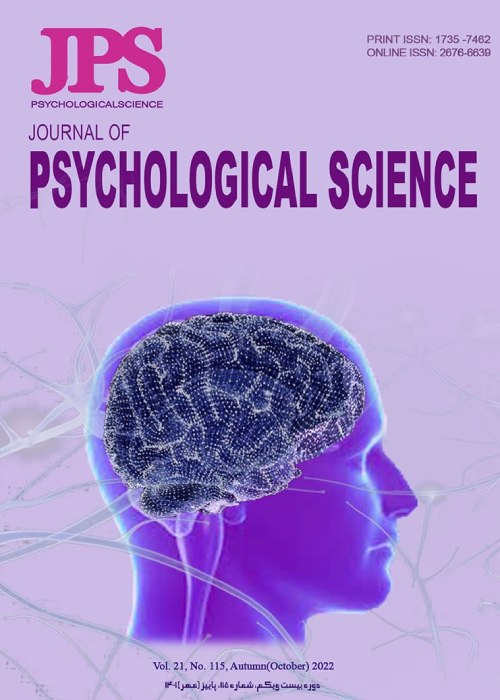The efficacy of acceptance and commitment based therapy on body dysmorphic disorder on women with breast cancer
Body dysmorphic disorder is the most common disorder among women with breast cancer. In addition to causing problems for these patients, it has created challenges for their families and those around them. Research has shown that treatment based on acceptance and commitment therapy (ACT) can be effective in the field of this disorder. Therefore, research targeting this topic has received less attention.
The present research aimed to assess the effectiveness of Acceptance and Commitment Therapy (ACT) on body image distortion in women with breast cancer.
The present study is a quasi-experimental research with a pre & post -post-test-followup design with the control group. The statistical population of the research was women aged 30 to 50 years old with breast cancer, who had been referred to breast cancer clinics in Shiraz during the first four months of 2022. Among them, 50 people were assigned with available sampling methods in two groups, the experimental and control group (25 patients in each group). ACT treatment interventions according to the training package of Hayes and Strossahl (2010) were performed on the experimental group during 8 weekly 90-minute group sessions, but no intervention was received by the control group.data were collected using the standard questionnaire for metacognition assessment of body deformity (Rabiei, Salahian, Bahrami, and Palahang, 2011). The data of this research were analyzed by the statistical method of analysis of variance with repeated measurement in SPSS software V24.
The findings showed that the treatment based on acceptance and commitment therapy significantly affected breast cancer women with body dysmorphic disorder in the experimental group (P< 0.05).
According to the findings of this research, it can be concluded that acceptance and commitment therapy (ACT) interventions have been effective in improving the quality of life of women with breast cancer.
-
Predicting the tendency to risky behaviors in adolescent girls based on emotional dysregulation and self-differentiation
*, MohammadReza Bordeideh
Journal of Family and Health, -
Investigating the efficacy of acceptance and commitment therapy on the difficulty of emotional regulation in breast cancer patients
, Khosro Ramezani*, Ali Kamkar, Mohammadyasin Karami
Journal of Psychological Sciences,



